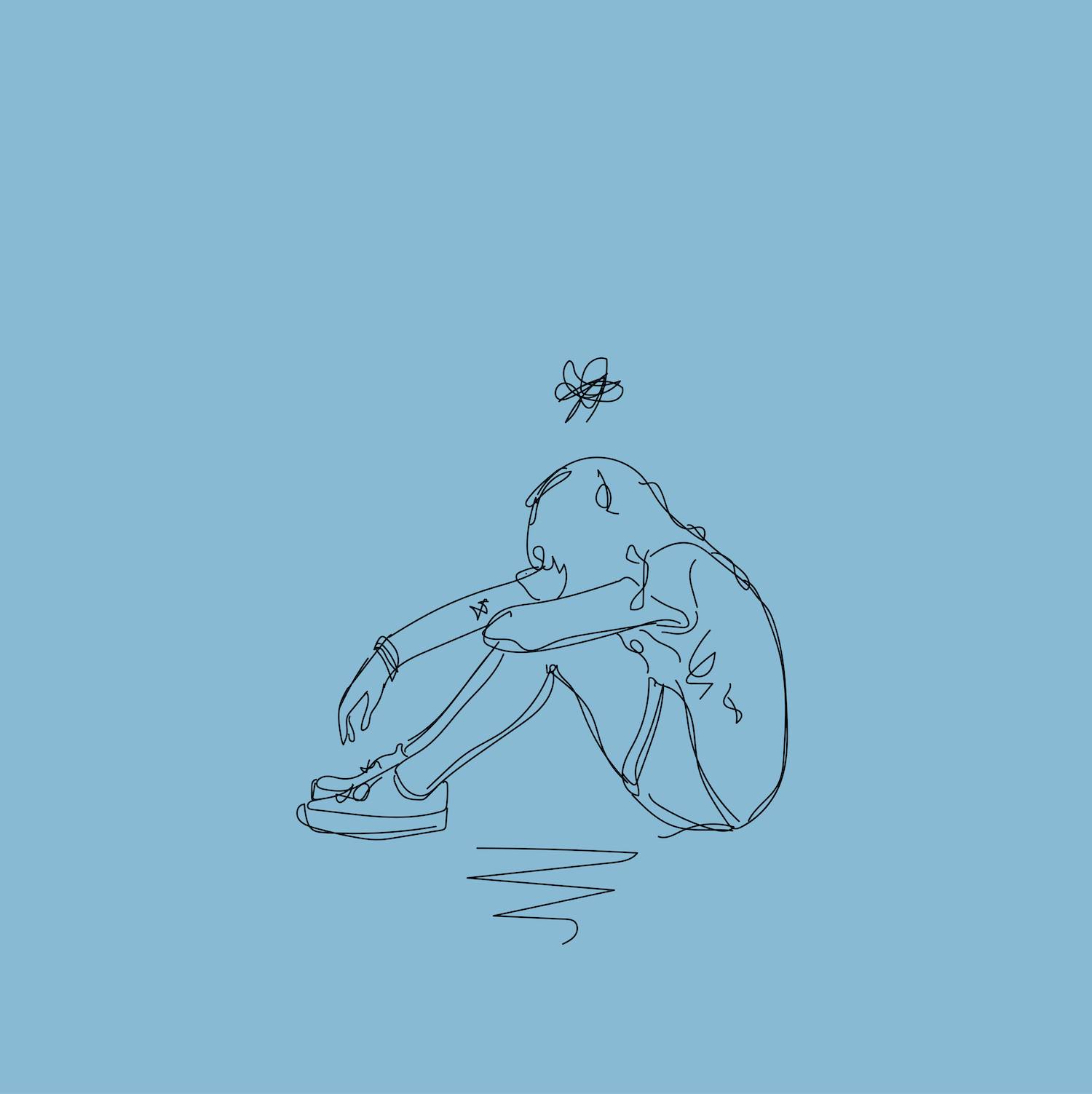Welcome back to our monthly series Ask Angella, where we do exactly that.
If you’ve ever had a potentially sensitive creative question, we want you to throw it our way so that we can hand it over to Angella: our resident art writer, expert, and all-around kind, funny and wise human being. Here’s the question we’ll tackle this month:
“Does my art have to be important?”
In the creative world, we’ve come to equate individuality with being special. Yes, style and auteurship help set you apart, but balancing content with your aesthetic (or brand) is a delicate matter. Why do you want to stand out? To sell more? To be well-known? Does your art have to be important and, if so, to whom? Why do you do what you do? These are cosmic-sized questions but they’re fundamental to your creative practice. (We are all stardust, after all.) Don’t be afraid, let’s dig in.
Take the long way
There’s no substitute for well-considered, skillful and concept-driven art. So what if everyone is using the same particular brushed script? You’re not everyone. You’re you.
But follow your bliss, too
While everyone is obsessed with gradients, for example, you’re working with stripes. Or maybe it’s that everyone is incorporating pizza into their illustrations and so are you, but it’s because you too love pizza and it’s just a fun visual trend! This is just to say: do and make what you want to do and make. Not because everyone else is doing it, and even if everyone else is doing it. When craft is supplemented by joy, it shows up in the work.
Decide what “important” means to you
What do you think makes art important? What makes being creative vital? In Letters to a Young Poet—a book I fall back on often; it’s gold standard for me—author Rainer Maria Rilke asks the young poet if, without making art, their life would end.
Creativity without discipline is just a feeling in the gut. I remember two specific incidences early in my career when I had a practice of writing but wasn’t yet professional or making a living off of it (i.e. I didn’t have one). Two different boyfriends, whom I dated years apart, both questioned my insistence on making it as a writer. I knew I had what it took, but I didn’t know how yet. By questioning me, these exes helped me realize how badly I needed to write. Learning to weather rejection and scrutiny helped me identify what skills I had, what skills I didn’t, and what I was generally capable of.
Find your voice
It’s as much about what you want to say and how you want to say it. Style and voice go hand in hand. Understanding your style is often a matter of taste. Allow Ira Glass says it better than I:
“Nobody tells this to people who are beginners, I wish someone told me. All of us who do creative work, we get into it because we have good taste. But there is this gap. For the first couple years you make stuff, it’s just not that good. It’s trying to be good, it has potential, but it’s not. But your taste, the thing that got you into the game, is still killer. And your taste is why your work disappoints you. A lot of people never get past this phase, they quit. Most people I know who do interesting, creative work went through years of this. We know our work doesn’t have this special thing that we want it to have. We all go through this. And if you are just starting out or you are still in this phase, you gotta know it’s normal and the most important thing you can do is do a lot of work. Put yourself on a deadline so that every week you will finish one story. It is only by going through a volume of work that you will close that gap, and your work will be as good as your ambitions. And I took longer to figure out how to do this than anyone I’ve ever met. It’s gonna take awhile. It’s normal to take awhile. You’ve just gotta fight your way through.”

Comments